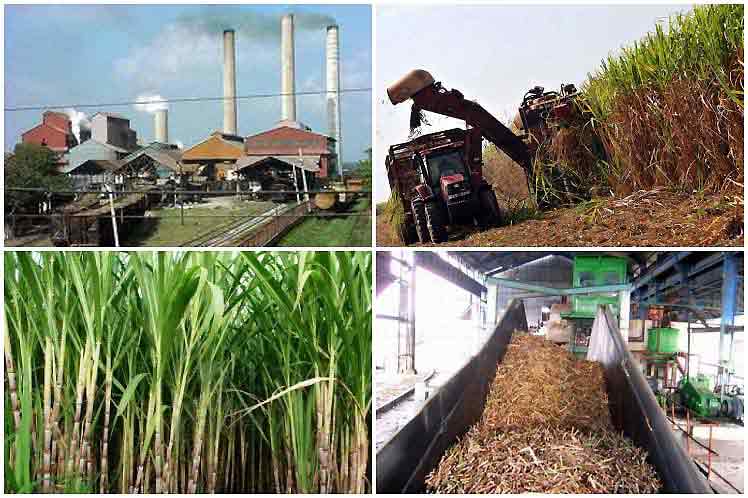
Dubai, Dec 4.- Cuba presented today in its pavilion at the 28th Conference of the Parties on Climate Change (COP28) the International Alliance for the circularity of a resilient and low-carbon sugarcane agroindustry.
The initiative, called Circular Agroazúcar Climate Alliance, aims to contribute to confronting climate change from this sector, with approaches that target economic, social and environmental variables.
Representatives of the Dominican Republic, Ethiopia, Brazil and China, which sent video messages, as well as the United Nations Environment Program, expressed their support for the Caribbean nation's proposal.
The sugar cane agroindustry is a value chain that can be positive for people and for the climate, the participants in the activity agreed.
According to the account of the Ministry of Science, Technology and Environment (CITMA) on the social network of governments and specialized agencies.
At that time, they discussed how the sugarcane agribusiness can carry out a transformation and leadership process through circular community approaches.
From sowing the grass, with soil preparation, use of fertilizers and pesticides, irrigation; to the harvest, processing to obtain the candy, the use of waste for other productions and the expansion of derivatives, the sector has a lot of potential to contribute to the protection of the environment.
The presentation of the Alliance is a sign of Cuba's commitment to contributing to the global effort so that COP28 means a change in the way of facing global challenges around climate change, as the Citma authorities have expressed.
According to the director of International Relations of that portfolio, Ulises Fernández, the country is working to answer questions such as how we are going to live, feed ourselves and transport ourselves in the new conditions.
That is why all institutions have contributed from their scientific, institutional, organizational and technological capacities to find a way, he added. (Text and photos: PL)